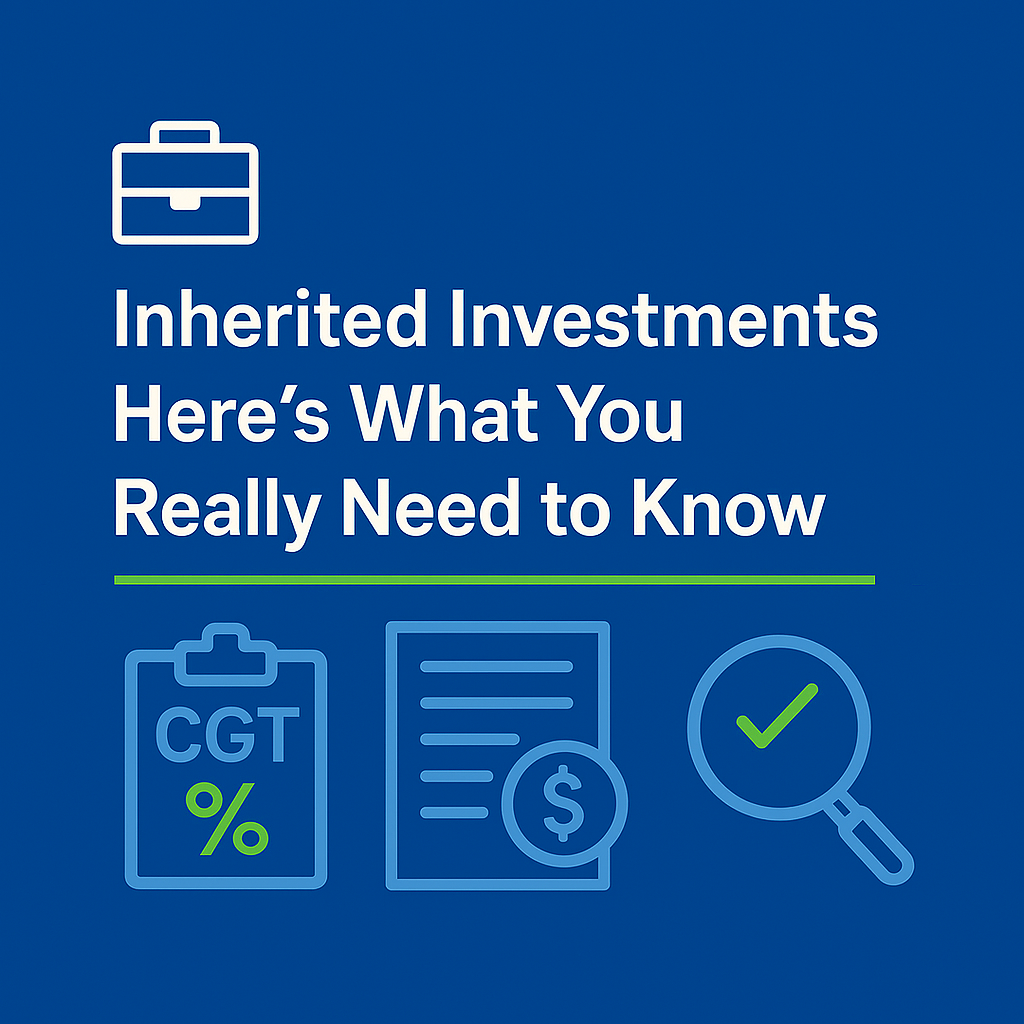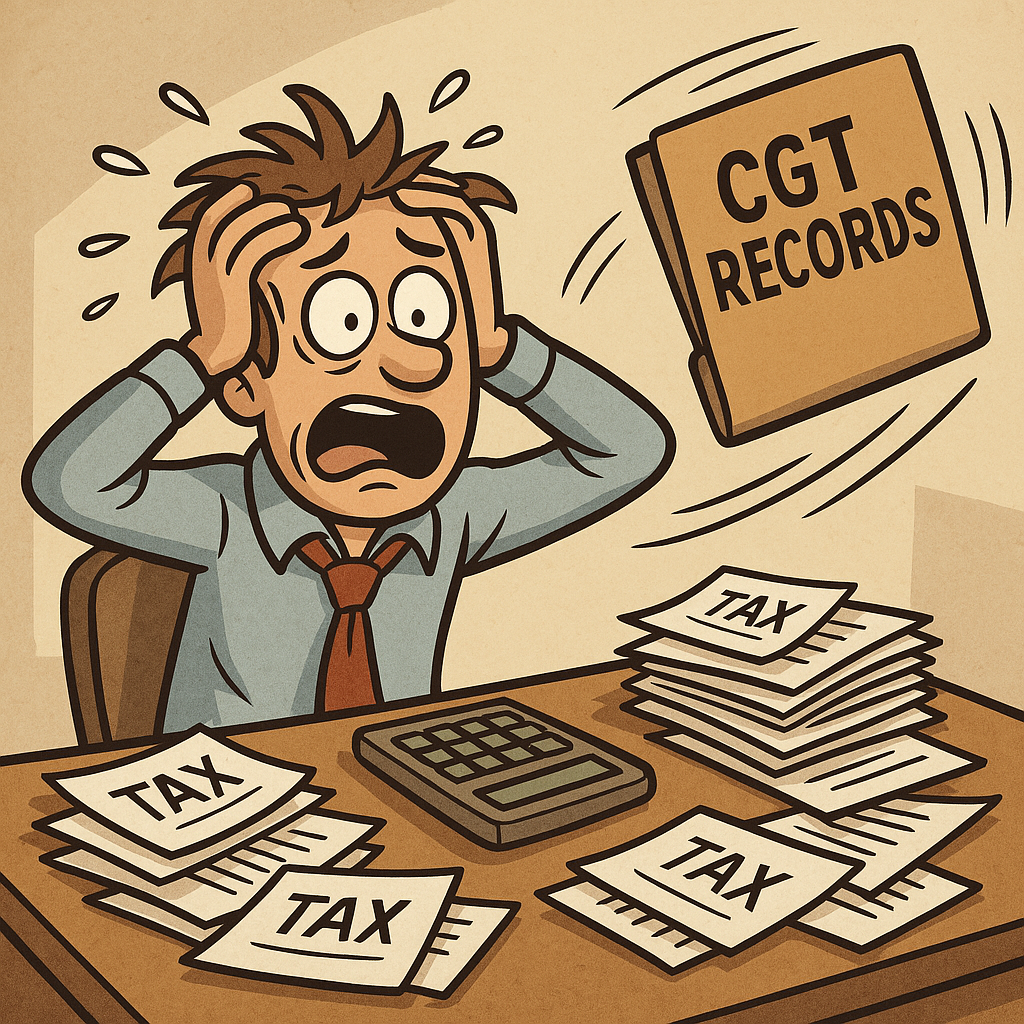Selling property? Buyers must withhold and pay the ATO!
If you're selling property in Australia and you're a foreign resident, there are important tax rules you need to know. Recent changes mean that buyers must withhold 15% of the property’s market value and pay it to the ATO, unless the seller provides a residency clearance certificate.
What’s changed?
From 1 January 2025, all property sellers must prove their residency status by obtaining a clearance certificate from the ATO. If they don’t, the buyer is legally required to withhold 15% of the sale price and remit it to the ATO.
This rule is designed to ensure foreign residents don’t avoid capital gains tax (CGT) withholding obligations. The government now assumes all property sellers are foreign residents unless they provide an ATO-issued clearance certificate proving otherwise.
How does the withholding rule work?
If you’re buying property from a foreign resident, you must:
· Withhold 15% of the purchase price (for contracts from 1 January 2025).
· Register as a withholder with the ATO before settlement.
· Pay the withheld amount to the ATO before the sale is finalised.
For contracts entered before 1 January 2025, the withholding rate is 12.5%, but only applies to properties worth over $750,000.
If you’re a foreign resident selling property in Australia, you’ll receive a tax credit for the withheld amount when you lodge your Australian tax return.
What if the property is your former home?
Even if the property was your main residence, foreign residents can’t claim the main residence CGT exemption when selling Australian real estate. This means that any capital gain from the sale is fully taxable in Australia.
In fact, foreign residents are always subject to CGT on property they own in Australia – whether or not they live here.
How do you know if the seller is a foreign resident?
As a buyer, you don’t have to investigate the seller’s residency status yourself. Under standard property contracts, the seller must declare whether they are a foreign resident and provide an ATO clearance certificate if required.
If the seller doesn’t obtain a clearance certificate, the buyer must withhold 15% of the purchase price and pay it to the ATO. Your solicitor or conveyancer will typically handle this process.
Are there any exceptions?
Yes. In some cases, the ATO may allow a reduced withholding amount – or even none at all. This happens when:
· The foreign resident seller obtains a variation certificate from the ATO.
· The seller is exempt from Australian tax (eg, a foreign charity).
· A CGT rollover applies, such as in a property transfer due to a marriage breakdown.
· The property is jointly owned by an Australian and a foreign resident - a situation becoming more common in today’s global world.
Other assets affected by these rules
It’s not just real estate – the foreign resident CGT withholding rules also apply to other assets that are closely connected to Australia such as “significant interests” in private unit trusts and companies.
Need help?
Whether you’re a buyer or seller, understanding these rules is crucial to avoid unexpected tax obligations. If you’re unsure how these changes affect you, get in touch with us for expert advice.











